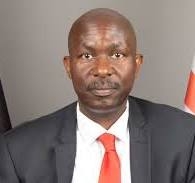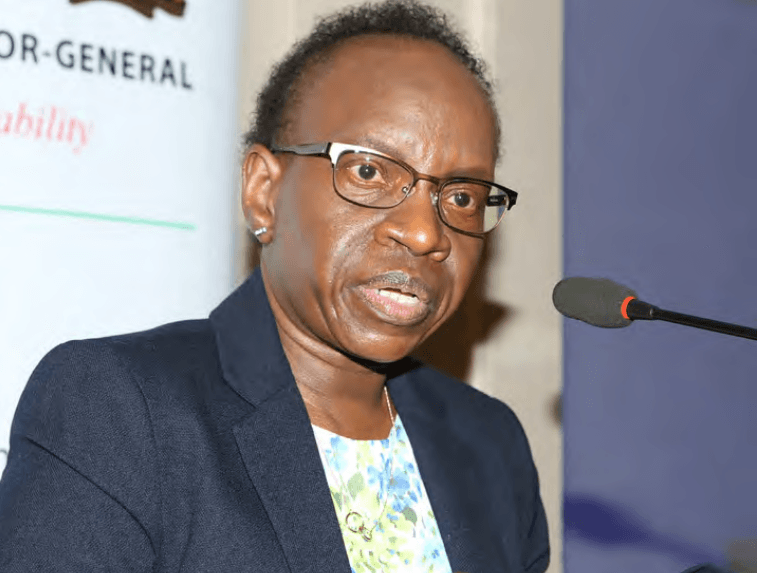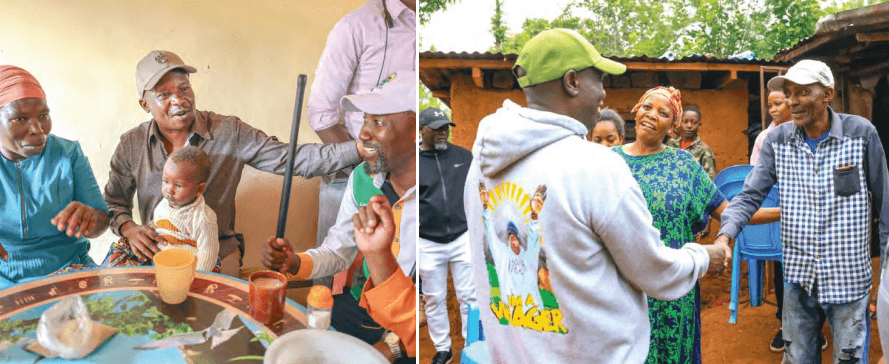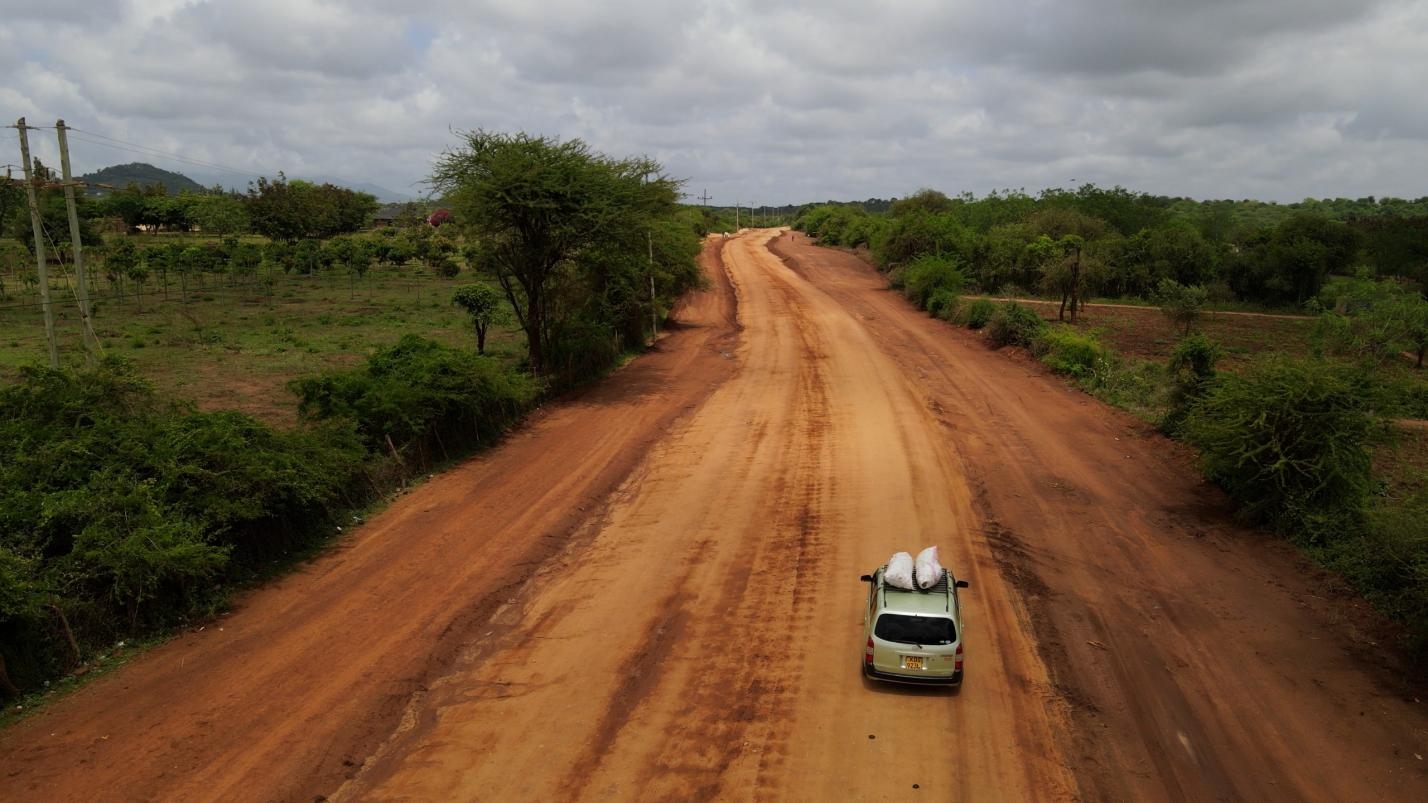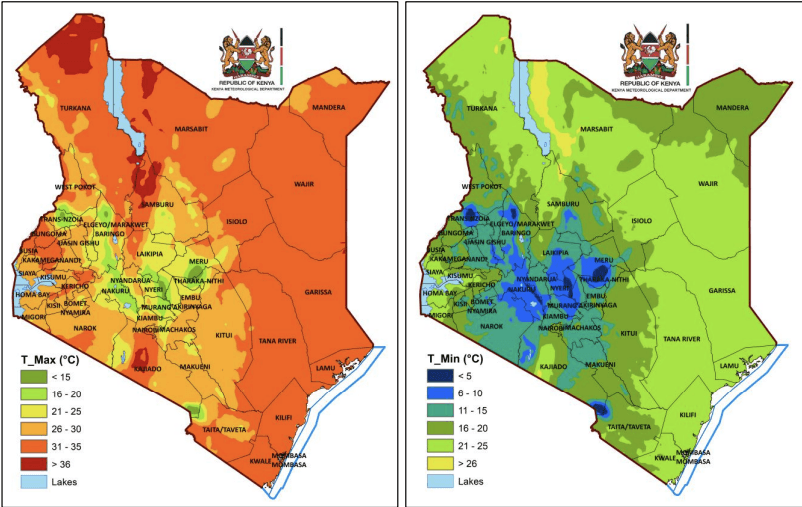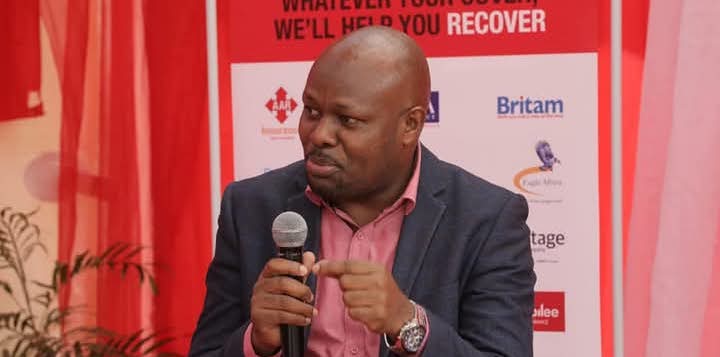
About 15 years ago, as a fresh general practitioner, Dr Alex Wagucu was notified of a patient who had just collapsed at an ATM in a mall that hosted the AAR Healthcare clinic he worked for in Nairobi.
The patient, coincidentally an acquaintance of Dr Wagucu, had just come back home from India after a successful Kidney transplant. As Wagucu and his team rushed to attend to him, they found him pale, motionless and his pupils dilated and fixed.
“He
had already drawn his last breath. There was little we could do except certify
his death,” said Wagucu, recounting the incident.
“It hit me hard.”
A few days prior to his demise, the excited patient had told Wagucu how grateful he was that his brother had agreed to be his kidney donor and how he would do his best not to miss his post-surgery medication, so as not to reject the new kidney.
“This scenario felt extremely helpless. Today you are here tomorrow you are not,” said Wagucu, now an internal medicine physician or internist.
This scenario reflects the emotional weight that doctors carry – but have to always mask - following the loss of patients. Indeed, it is one of the elements of the practice of medicine that many clinicians are unprepared to handle as it is not sufficiently covered during training.
On the other hand, society imagines that by the sheer fact that doctors work in hospital settings, they are consistently exposed to death, numbing their feelings.
And while literature on doctors' experiences in caring for dying patients, many accounts highlight the sadness, guilt, and stress associated with this responsibility. These stressors have been linked to professional burnout and may increase the risk of psychiatric disorders among physicians.
It is especially taxing on younger doctors, like Wagucu was at the time of the incident, with a longitudinal study defining "dealing with death and dying" as the most frequently reported source of stress among junior house officers.
Kenya produces around 1,000 new doctors and dentists each year, according to the regulator the Kenya Medical Practitioners and Dentists Council.
Yet quite often, this exposure to the fickleness of life, is necessary as it tends to give practitioners a renewed clarity of purpose.
“Later, as I thought through this, I made a decision to be more impactful especially in my career as a doctor since clearly life was short and unpredictable,” said Wagucu, who is now 18 years into the practice.
However, death is just one of the challenges that new doctors have to deal with. The other is the precarious situation that clinicans find themselves in when dealing with difficult to diagnose cases. In such situations, notes Wagucu, teamwork is everything as it averts time wastage and patient degradation.
He cites a case of a former patient, who arrived at his office with symptoms associated with tuberculosis, but which he was cleared of after further tests. It took several weeks of review and extensive collaboration with peers to link inert symptoms to multiple myeloma, a cancer of the white blood cells, which may be managed via bone marrow transplant.
After the definitive diagnosis, the patient opted to continue treatment abroad, but it left Wagucu and his team with another valuable lesson on the need for collaboration in fast-tracking complex diagnoses.
‘Where there’s smoke there must be a fire. However stable a patient seems, an abnormality with patient indices must be efficiently evaluated to a logical conclusion. Any unnecessary delays in diagnosis may cost a patient’s life,” he said, adding: “For effectiveness and better patient care, we work together as a team. This way, we are guaranteed to have better working days as we deliver smiles to our patients and their loved ones.
And as there is disappointment when lives are lost, he says, there’s an equal or even greater joy and satisfaction when they recover.
“I am motivated by patients who change, after our interventions for the better in the face of challenging medical conditions or situations. Their smiles and their waiting patiently in the occasionally dizzying long ques often conveys the message of contentment and appreciation, he said.
Such are the truths that doctors and other healthcare professions fail to get in training, but which could influence their expectations of the trade and ultimate performance.
And Wagucu has a few more recommendations to offer young medics for success in the field.
“I’d advise them to adopt the virtue of patience, be unassuming; be a good listener and a good communicator. Additionally, they require to hone their skills and be enthusiastic in acquiring knowledge helpful in managing their patients. They should also remember that despite all the above they cannot succeed if their relationship with colleagues is garbled and tattered,” he added.
Wagucu speaks from experience, because
it is these characteristics that have seen him gain favour in his practice.
Indeed, his specialisation in internal medicine, was supported by AAR
Healthcare, who offered him a study plan for his Master’s degree, turning down
his request for resignation.
“It meant I was going nowhere! It was a tedious arrangement, but it worked for me and after I finished my Master’s, the treatment I received shaped my future relationship with AAR,” he said.







